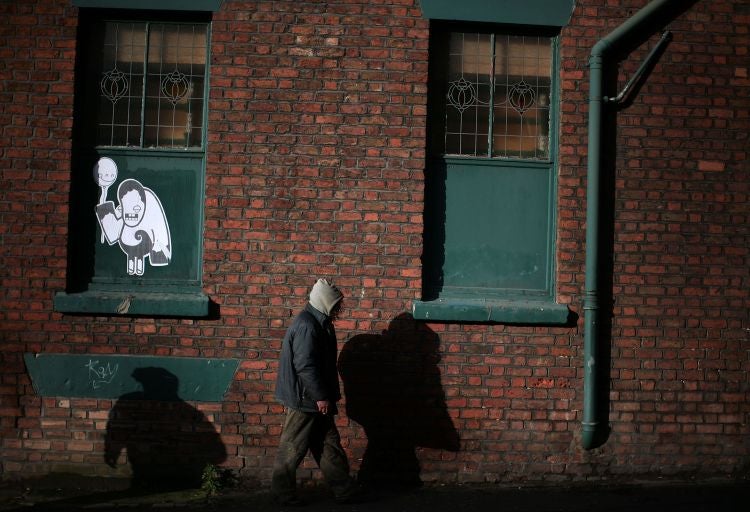Child abuse victims have greatest need for support services in adult life
If neglect and poor learning were spotted earlier, the job of agencies would be easier – and cost less

Tens of thousands of people living in crisis, and heavily dependent on public services, have suffered abuse or neglect in childhood.
A major study of people in the criminal justice system found a huge overlap in the use of the services that support them. Researchers at Heriot-Watt University found that quarter of a million people in England had come into contact with two of three services dealing with drug addiction, homelessness and offending, while 58,000 were using all three.
Those working with multiple services were most likely to be white men aged between 25 and 44 – the majority of whom have been abused, starved, brought up by drug-addicted parents or forced out of education as children.
The researchers found that one third had parents who were violent, and another third had grown up in households with drug or alcohol problems. Two-fifths had run away while young, a quarter had experienced abuse and 17 per cent reported being starved as a child. Almost half were suspended from school.
“Most people facing severe and multiple disadvantage have long-term histories of economic, social marginalisation and childhood trauma,” the researchers found. “It appears to be in the realms of very difficult family relationships and very poor educational experience that we can find the most important early roots of severe and multiple disadvantage, with 85 per cent of people experiencing adverse traumatic experiences in childhood.”
The largest proportion of adults using multiple services were found in areas with existing high levels of deprivation. Blackpool, Middlesbrough and Liverpool top the list.
Julian Corner, chief executive of the charity Lankelly Chase Foundation which commissioned the research, said: “These aren’t just people who have these needs separate from society, they correlate with poverty. So when councils are thinking about their wider response to poverty – and inequality – we ask that they think about people with this profile.”
Understanding why people access more than one service could help public services save money, according to Mr Corner. “We still have a homeless system, a criminal justice system and a drug treatment system all pursuing different strategies. If they can use this research to understand the overlaps... and start with the person and their needs and reform their services, then you end up with a more efficient system – and you also get some cost savings.”
He said it also made a case for investing in early intervention services to prevent young people developing chaotic lifestyles – especially as two-thirds of those with multiple needs had some contact with children.
The figures reveal one third of homeless people show up in all three systems. Jacqui McCluskey, director of policy and communications at the charity Homeless Link, said: “We know that, in many cases, the problems which combine and lead individuals to become homeless begin in early life. This needs greater recognition and there needs to be earlier intervention and support to tackle these issues before they become more complex, intractable and entrenched in later life.”